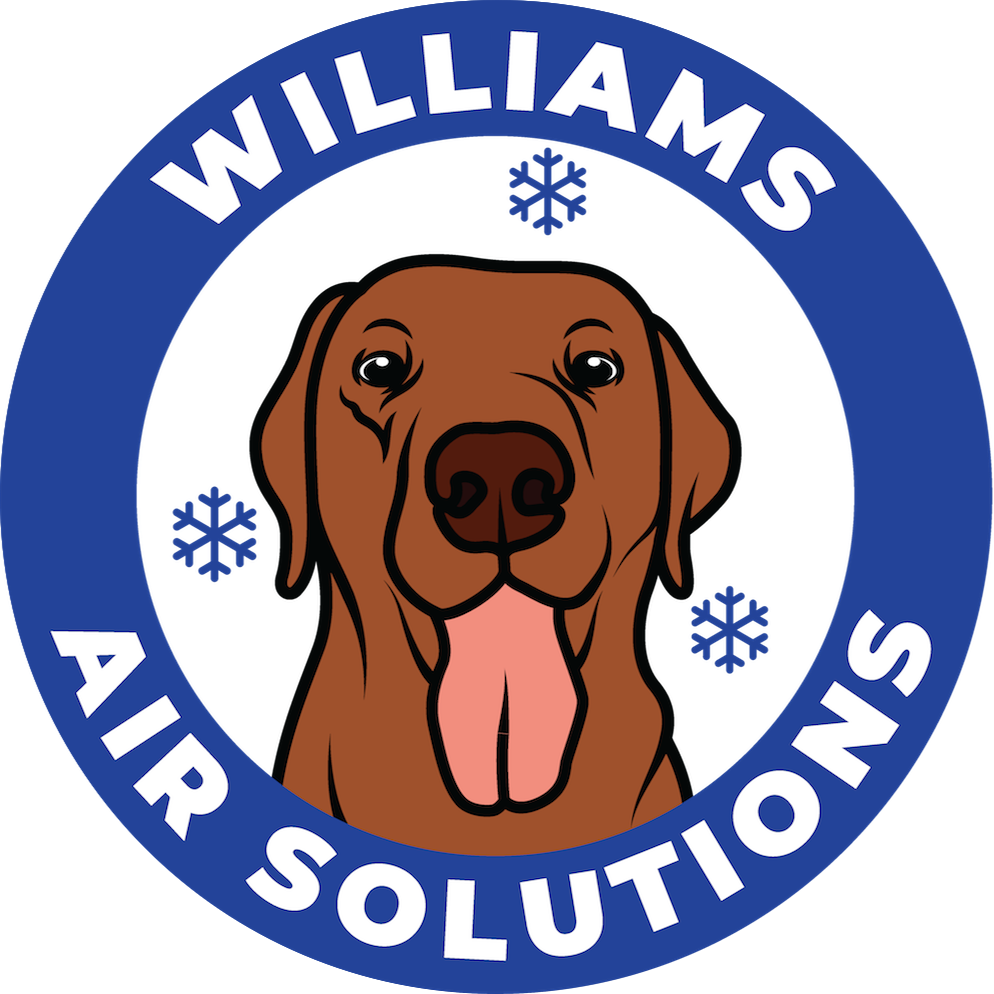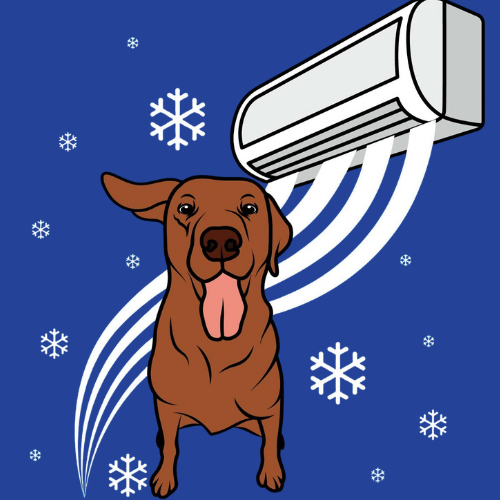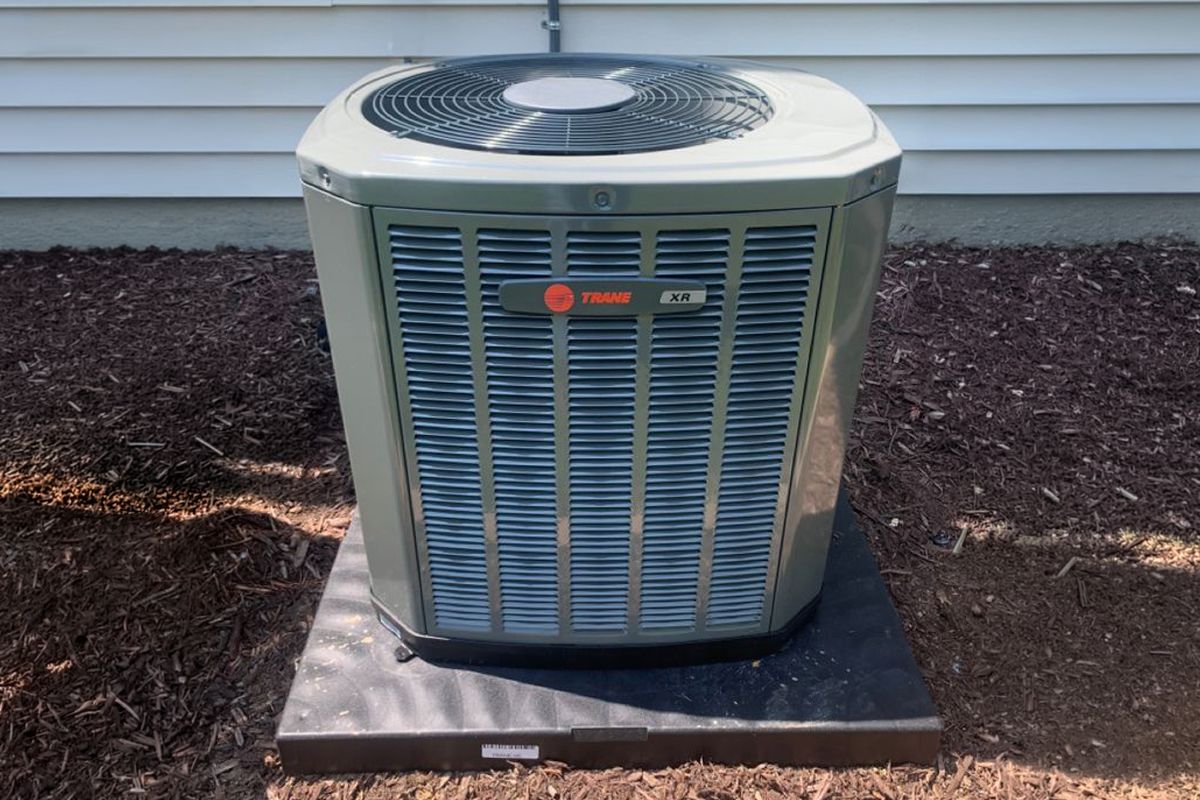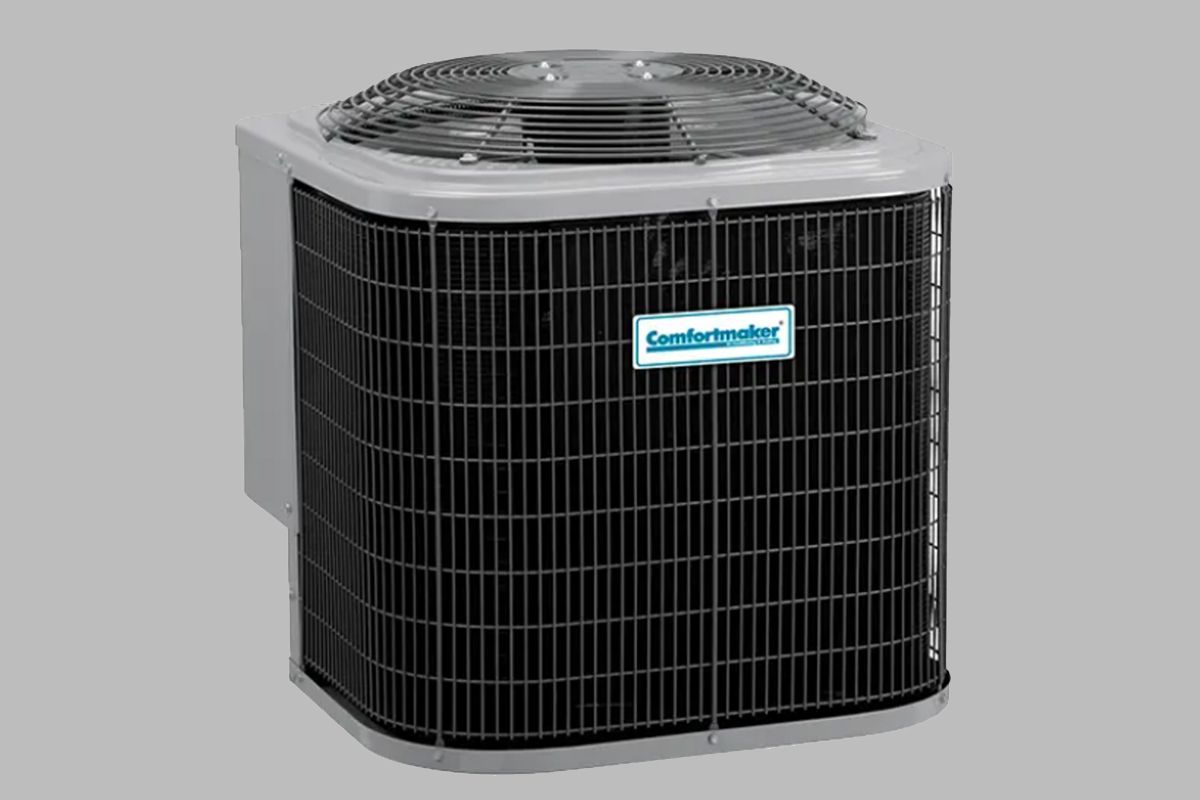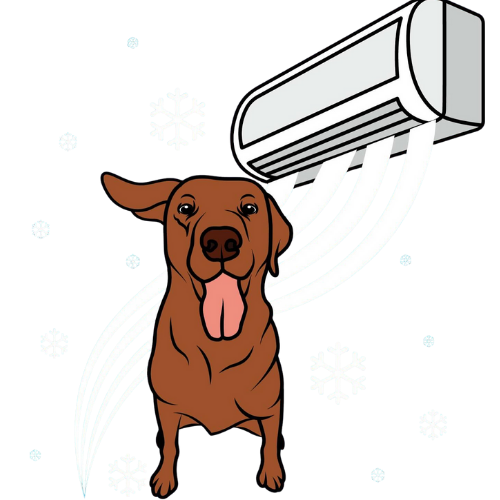Does Regular HVAC Maintenance Really Save Money on Energy Bills?
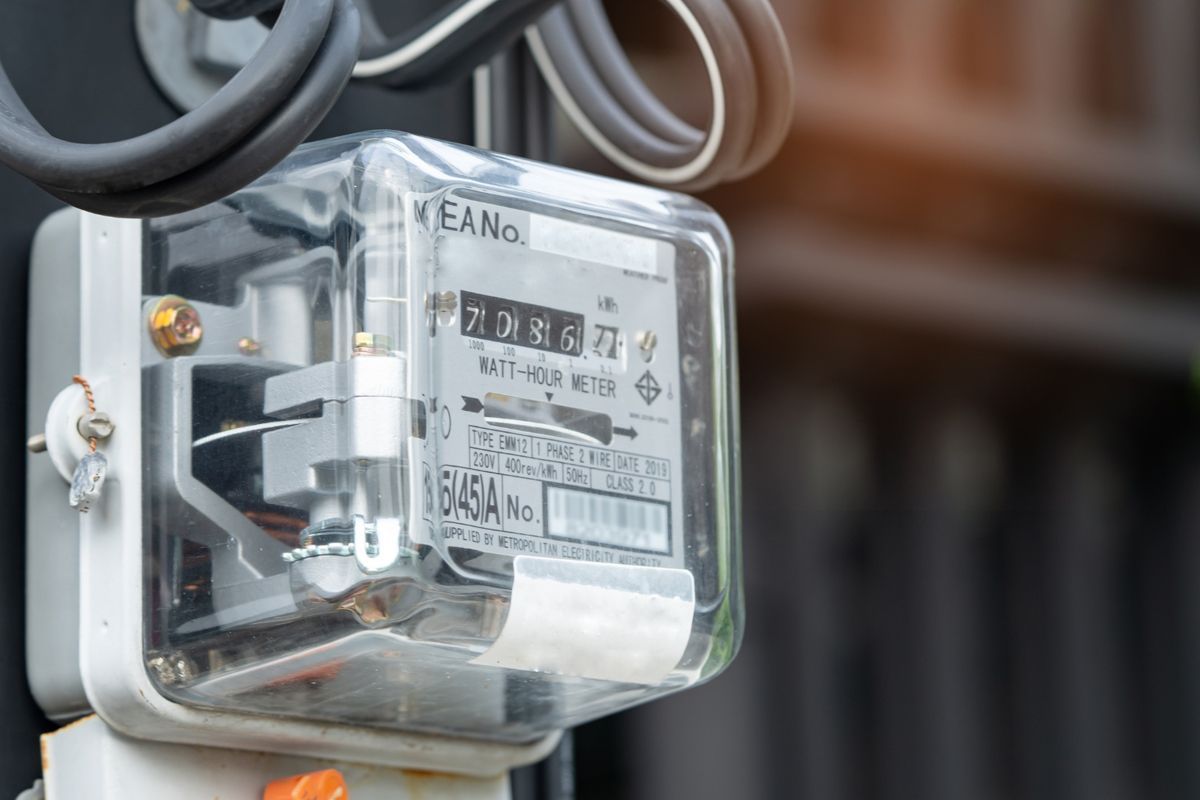
For Florida homeowners, air conditioning isn’t a luxury, it’s a necessity. With systems running almost year-round, energy bills can take up a large portion of a household budget. One of the most common questions we hear is: “Does regular HVAC maintenance really make a difference in my energy costs?”
The short answer is yes. Consistent maintenance helps your system run more efficiently, lowers operating costs, and prevents expensive repairs. Here’s how it works.
How Maintenance Improves Energy Efficiency
When an HVAC system is neglected, dirt, dust, and wear build up across critical components. Even small issues force the system to work harder, drawing more power to maintain the same level of comfort. Routine maintenance addresses these problems before they drive up utility bills.
Key maintenance tasks that improve efficiency:
- Air Filter Replacement: Dirty filters restrict airflow and can increase energy use by up to 15%.
- Coil Cleaning: Clean condenser and evaporator coils transfer heat more effectively, lowering energy consumption.
- Refrigerant Checks: Low or unbalanced refrigerant levels reduce cooling efficiency and increase runtime.
- Duct Inspections: Leaks in ductwork waste cooled air, causing systems to run longer and use more power.
Recommended Maintenance Schedule
A homeowner in Belleair, FL scheduled spring and fall tune-ups for their 10-year-old central AC system. During service, technicians found clogged coils and a partially blocked condensate line. After cleaning and calibration, the system ran smoother, and their monthly electric bill dropped by nearly 12%.
By investing in regular maintenance, they saved money immediately and avoided a costly mid-summer breakdown.
The Long-Term Cost Benefits
- Beyond monthly savings, routine maintenance protects your wallet in other ways:
- Fewer Emergency Repairs: Catching worn parts early prevents expensive breakdowns.
- Extended System Life: Well-maintained systems can last several years longer than neglected ones.
- Warranty Compliance: Many manufacturers require documented maintenance to keep warranties valid.
- Stable Indoor Comfort: A properly tuned system avoids the hot-and-cold swings that often waste energy.
How Much Can You Really Save?
The U.S. Department of Energy estimates that proper HVAC maintenance can lower energy consumption by 5–15% annually. For a Florida household with high summer cooling costs, that can add up to hundreds of dollars saved each year.
When combined with proactive upgrades — like installing a smart thermostat or sealing ductwork — maintenance becomes an even greater money-saver.
Regular HVAC maintenance isn’t just about preventing breakdowns — it’s one of the smartest ways Florida homeowners can reduce high electric bills. From improved efficiency to fewer costly repairs, the return on investment is clear.
At Williams Air Solutions, we provide thorough maintenance services designed for the demands of Pinellas County homes. Our team ensures your system runs at peak efficiency, keeping you comfortable while lowering your monthly costs.
Schedule your maintenance appointment today and start saving on your energy bills this season. Don’t wait for a breakdown—get peace of mind with expert HVAC care. Call us at (727) 353-0090 and speak with our team today.
